How many words did the Jews have for “bread” and “hunger” during the Holocaust? How many different expressions did they coin to describe their “dreams” and “hopes”? As early as December 1945, Yisrael Kaplan (1902–2003) – an established historian and literary essayist, and editor of Fun Letstn Khurbn, the Yiddish journal published by the Central Historical Commission in the immediate aftermath of the war – circulated among survivors a questionnaire on ethnographic-linguistic topics. This was one aspect of the Commission’s endeavor to provide historians with insight into the inner lives of the Jews in Nazi-controlled Europe. Kaplan’s main goal was to document for posterity the vast popular cultural activity that flourished in Nazi Europe, despite the increasing persecution and annihilation of the Jews. This volume is a unique collection of poems, jokes, popular expressions, proverbs, slogans, common curses, secret codes, and more that were devised by Jews in the camps and ghettos as a way of coping with the harsh reality. The terms and sayings reflect the Jews’ attitudes toward the Nazi oppressors and their collaborators and demonstrate the resilience of the Jewish spirit against all odds.

